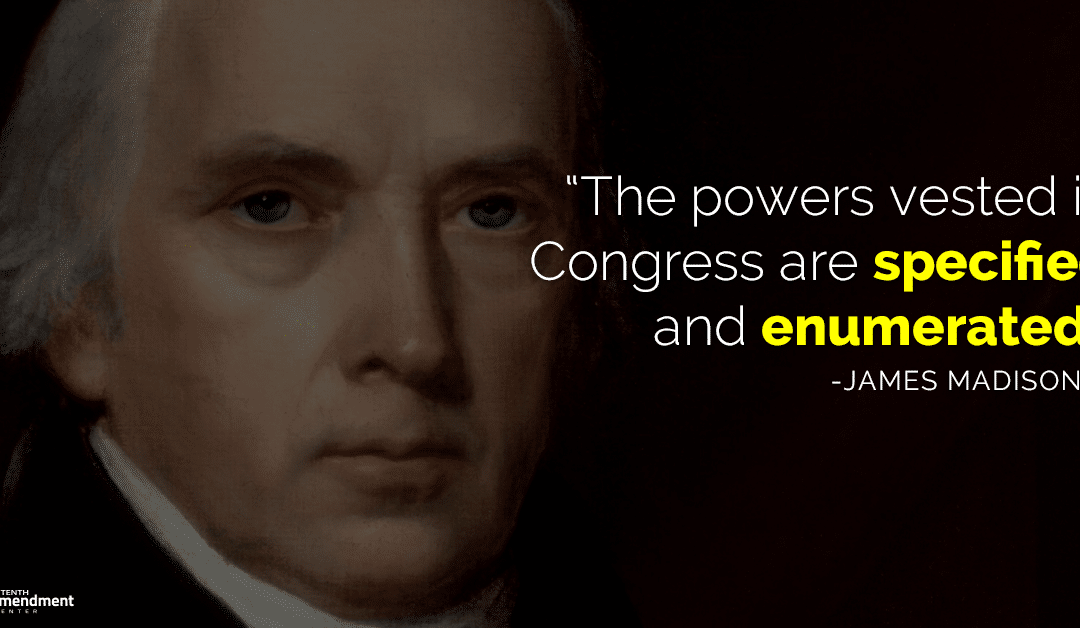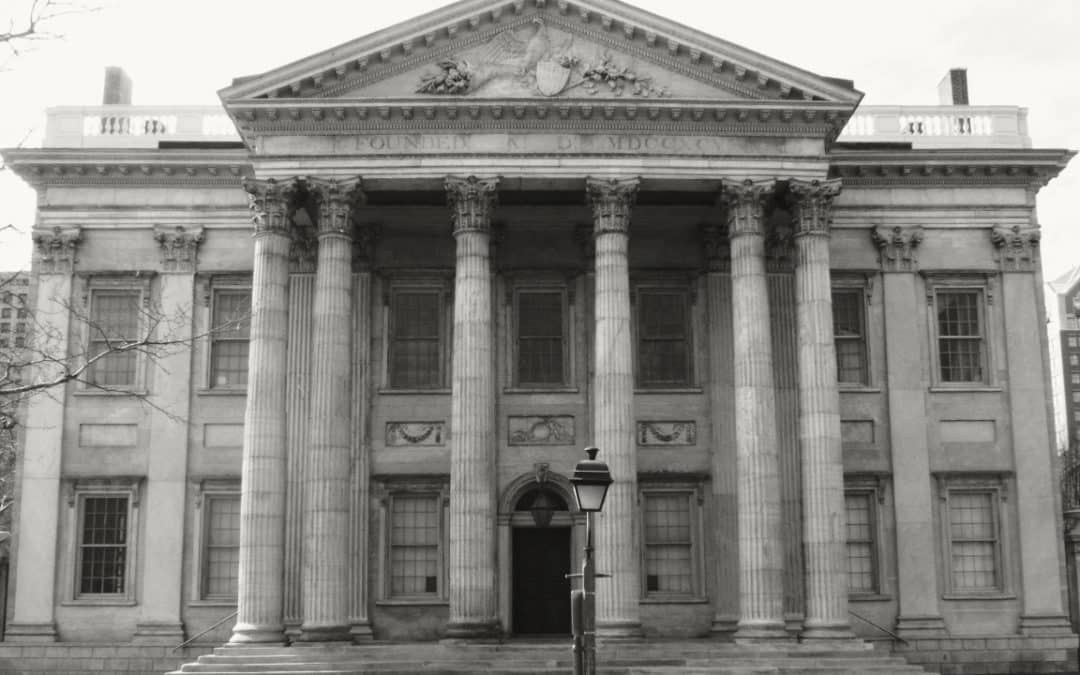
Founders

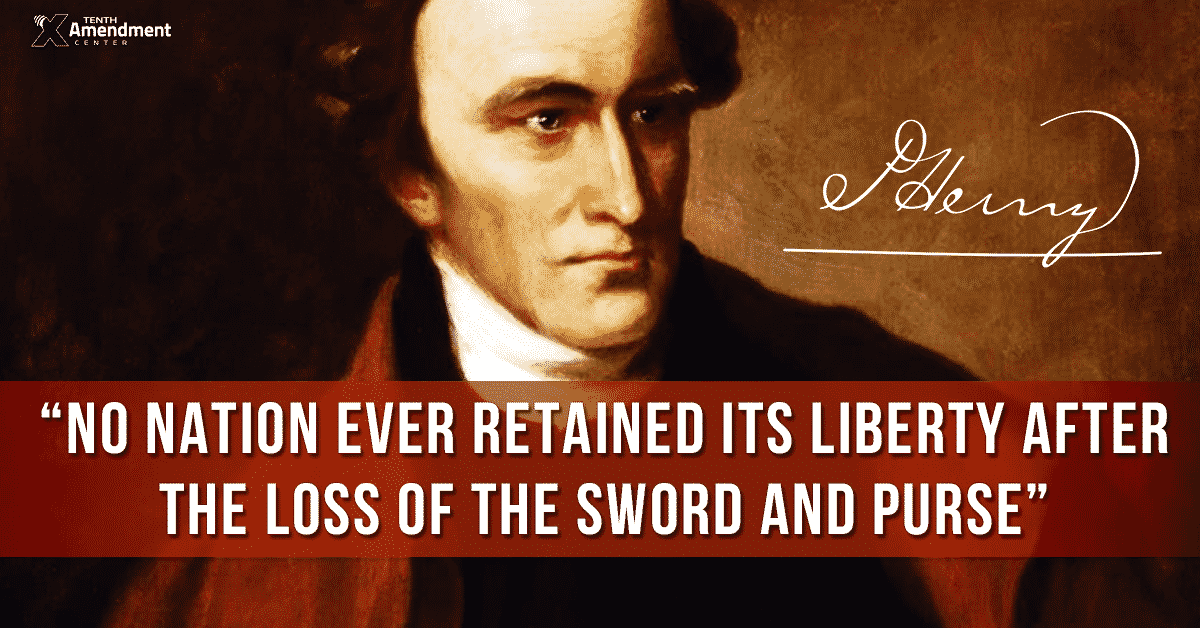
Federal Overreach and American Foreign Policy Go Hand-In-Hand
Apologists for the state often argue that criticism of the federal government must not encroach on national defense and foreign affairs. This is particularly true of Republicans, but Democrats are increasingly arguing in favor of a unitary presidency; especially as...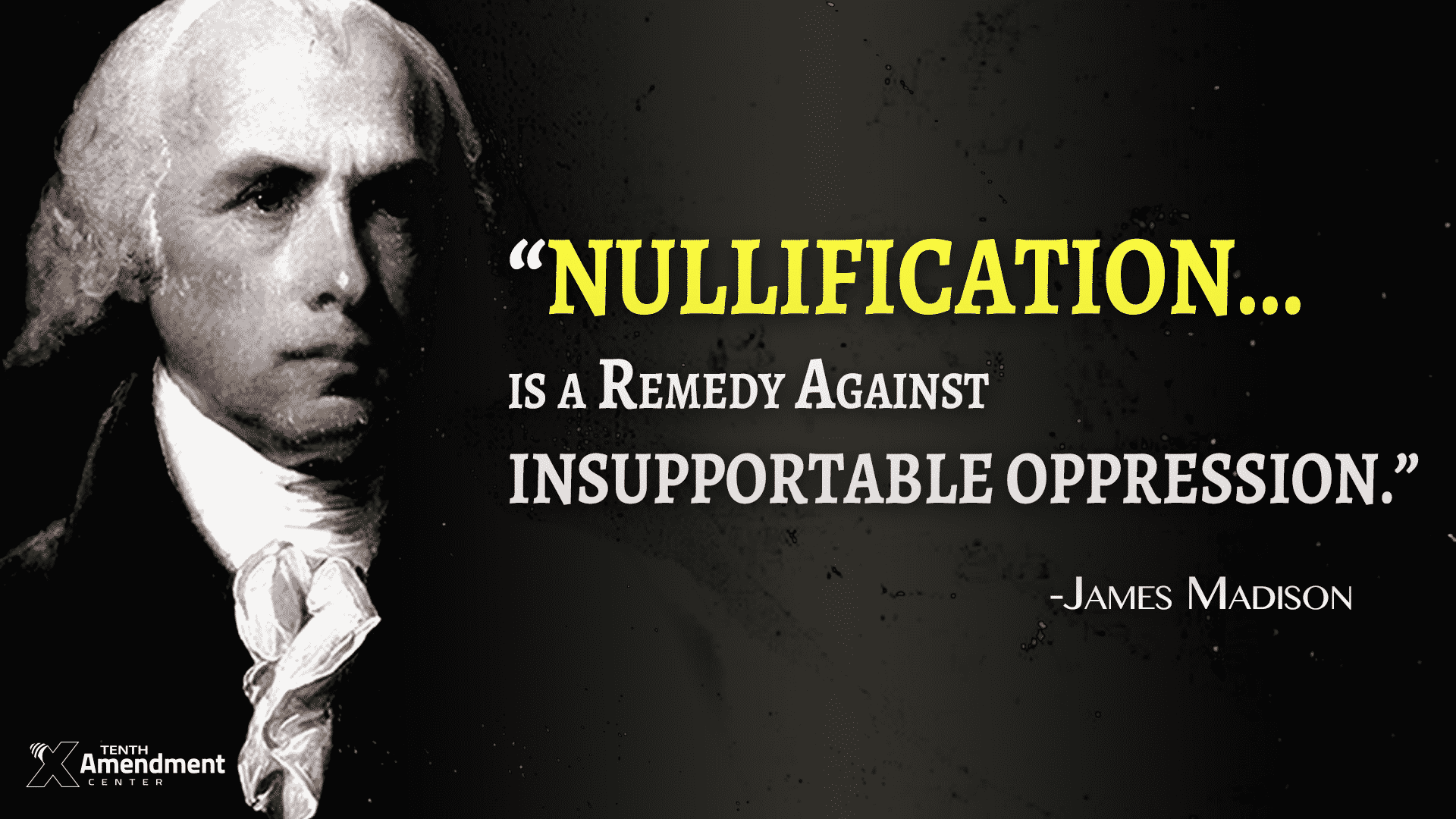
James Madison did not Reject Nullification
At some point in virtually every debate, an opponent of nullification will claim James Madison is on their side and that he opposed the practice. This despite the very clear meaning of the words in the Virginia Resolutions of 1798. So what gives? Was Madison for...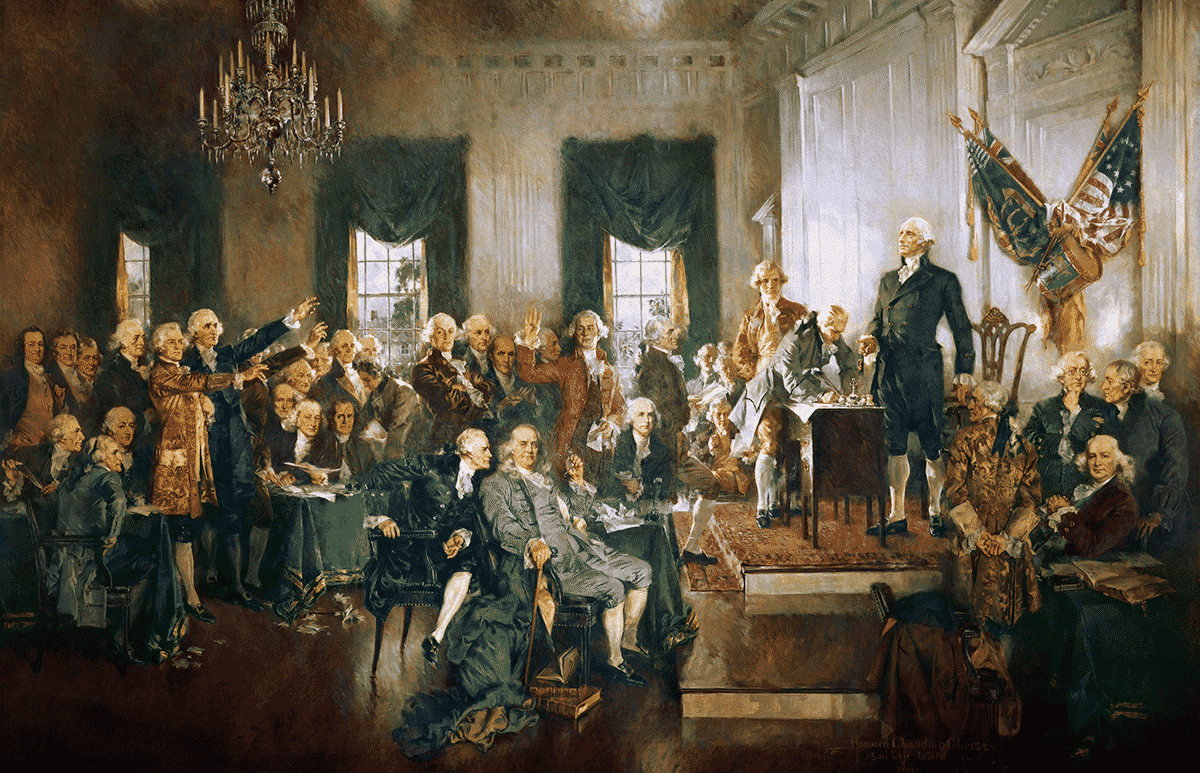
This Week in History: The Philadelphia Convention Begins
When delegates gathered in Philadelphia 230 years ago this week to consider changes to the structure of the general government, many prominent delegates brought plans to create a much stronger central authority, shifting power away from the states. However the...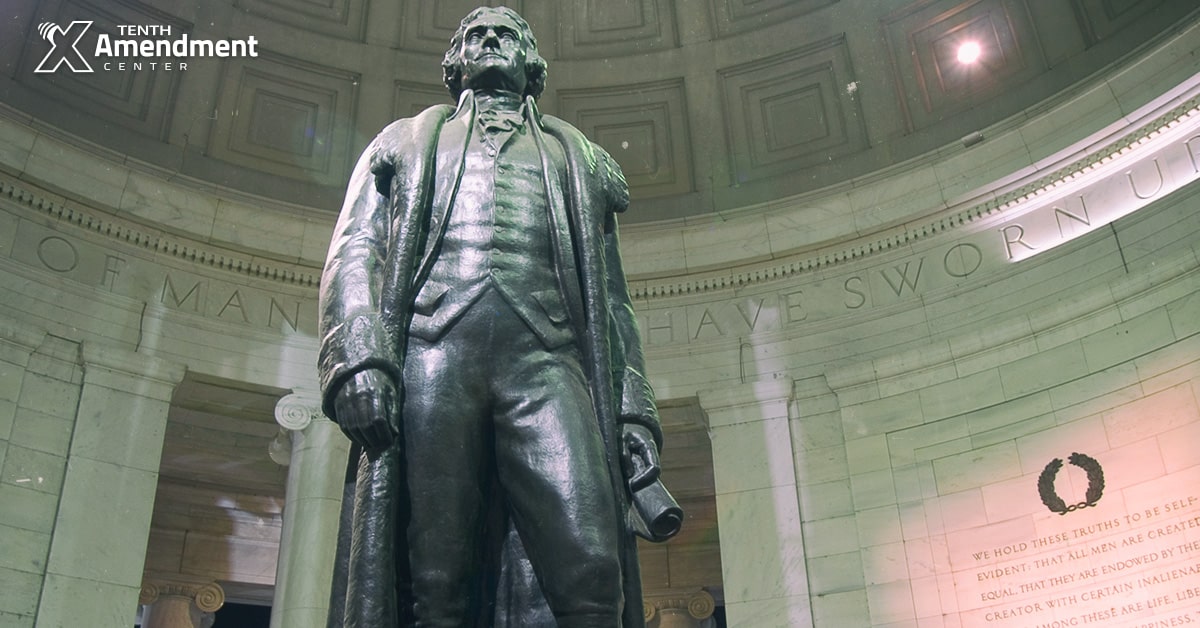
The Thomas Jefferson Nobody Knows
Following up on his successful and highly regarded James Madison and the Making of America (St. Martin’s, 2012), Kevin Gutzman has returned with a fresh look at Jefferson in Thomas Jefferson, Revolutionary: A Radical’s Struggle to Remake America. It could well have...